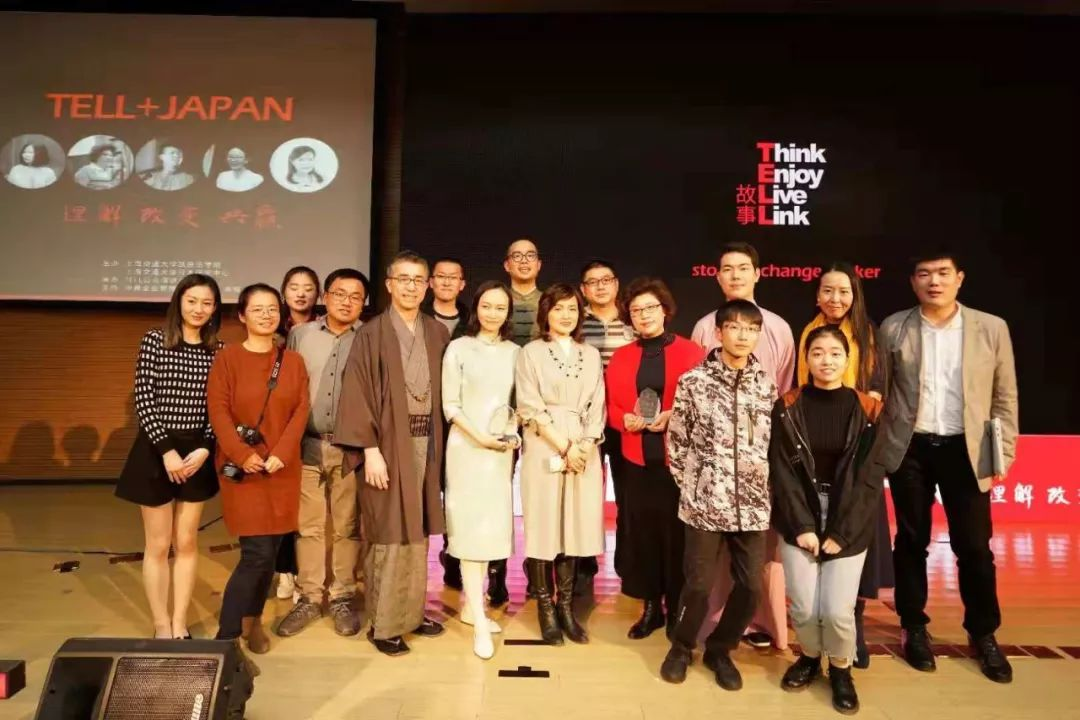The following articles are from TELL, written by TELL
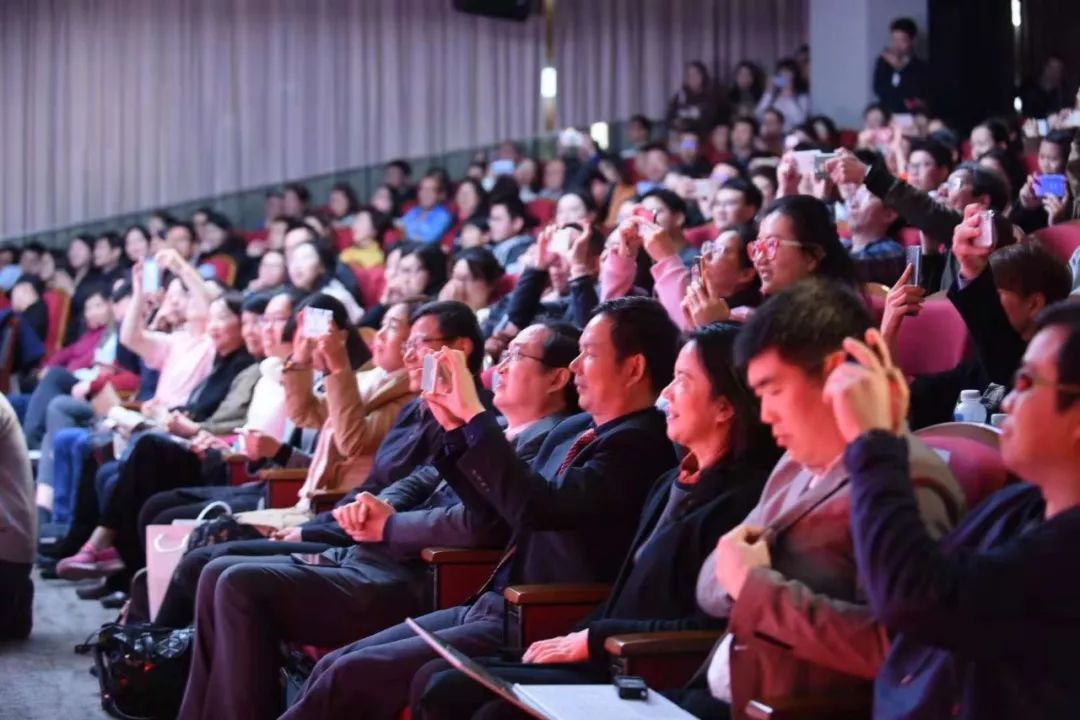
At 14:00 p.m. on November 24, the TELL+JAPAN large-scale stage speech activity jointly held by TELL Public Lecture, Japan Research Center of Shanghai Jiaotong University and Kaiyuan Law School of Shanghai Jiaotong University was held in the Oriental Hall on the second floor of Kaiyuan Law School of Xuhui Campus of Shanghai Jiaotong University. 300 audience members and TELler spent a happy afternoon laughing and thinking together. Ji Weidong, director of the Daily Research Center, Ding Jian, deputy director, and Wang Suiji, secretary of the Party committee of Kaiyuan Law School attended the ceremony and presented the award.
Five TELLERs came on stage to tell the stories of Japan, China and themselves:
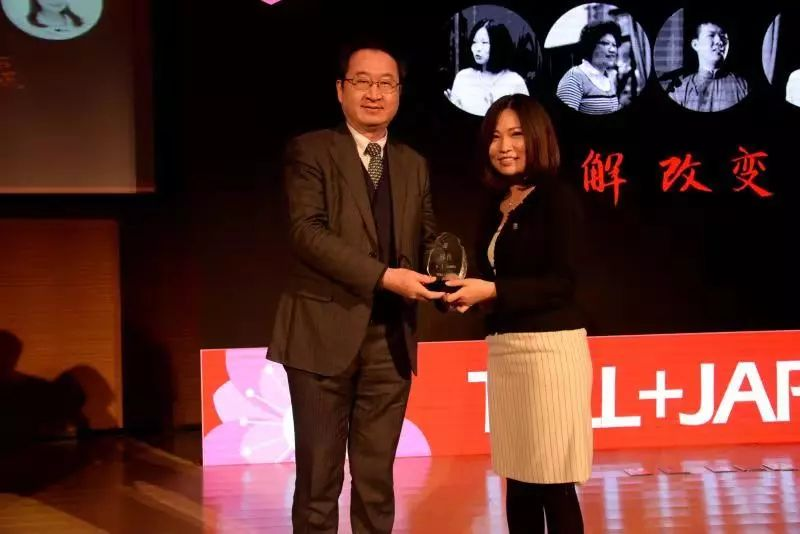
Xing Jia, the first speaker on the stage, is a post-80s new media entrepreneur who has worked in a Japanese funded bank for more than ten years. She chose Sake as the starting point of her career and was jokingly called a career demotion by her mother. In fact, it contains her understanding of work and social values - commercial behavior should focus on social interests, and behind the transaction is trust and entrustment - these principles, It was fully demonstrated in her stories about sake, which made us understand that the practice of these principles, which may have been regarded as slogans in the past, can really help the society and ourselves.

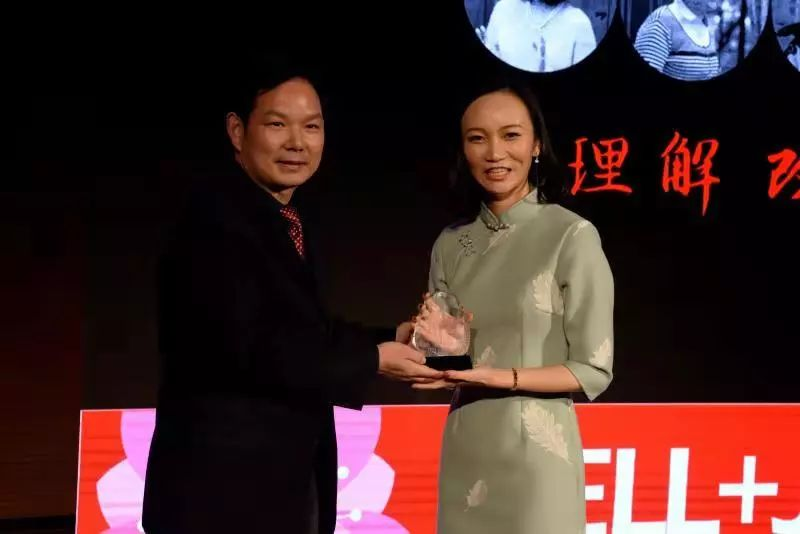
The second speaker, Han Yien, almost alone started the finishing industry in China. As a profession, the finishing division originated in Japan. In the process of learning from Japan, Han Yien also felt deeply that Japan's existing experience and methods must be combined with China's more abundant scenes and practices to carry forward in China, and this combination can even in turn promote the development of collation in Japan, and promote the better spread of collation in the world.
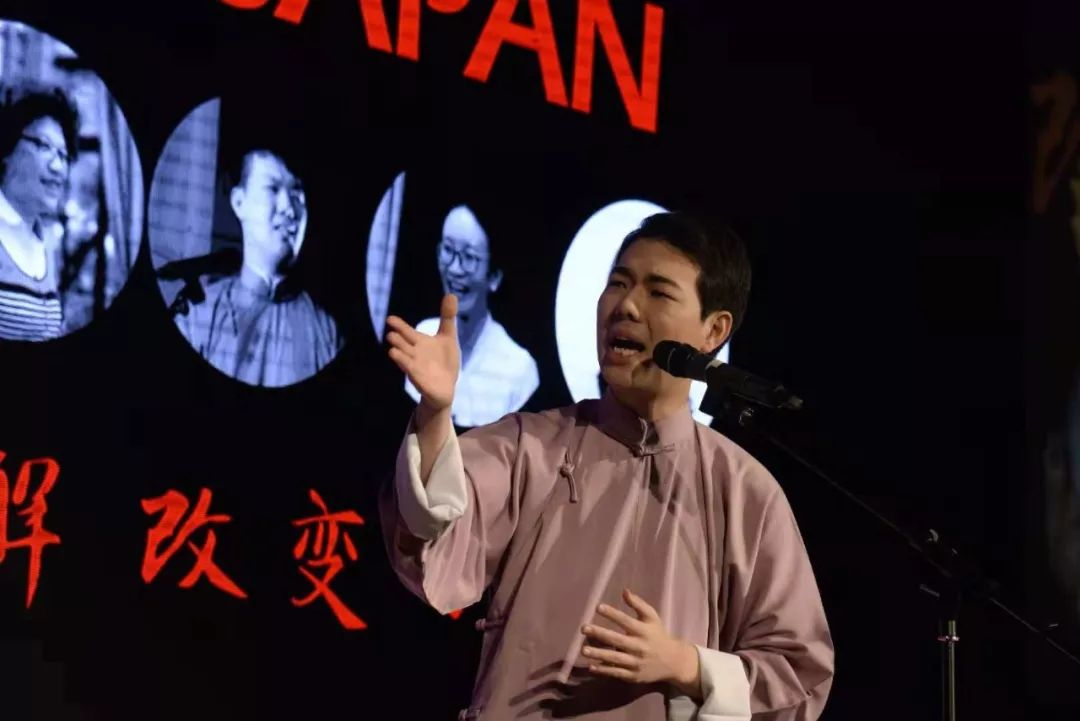
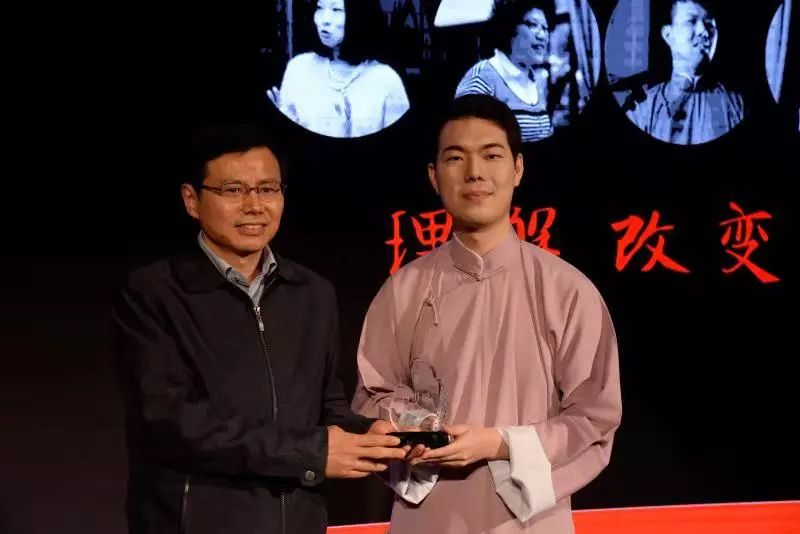
The third speaker, Nishida Cong, went to Dalian, China at the age of eight to have an exchange activity. After that, he became interested in China and Chinese. In the following ten years, he continued to learn Chinese and Chinese culture, learned from the famous crosstalk master Ding Guangquan, and became a disseminator of Chinese traditional culture. Although he also encountered misunderstanding and criticism, he never changed his original intention. Through his contacts with his master and many Chinese people he met, he realized that China Japan friendship does not depend on shouting slogans, but on doing it himself. At the end of the speech, at the request of the audience, Nishida Cong performed a short crosstalk segment "Mandarin and Dialect", which won applause from the audience.
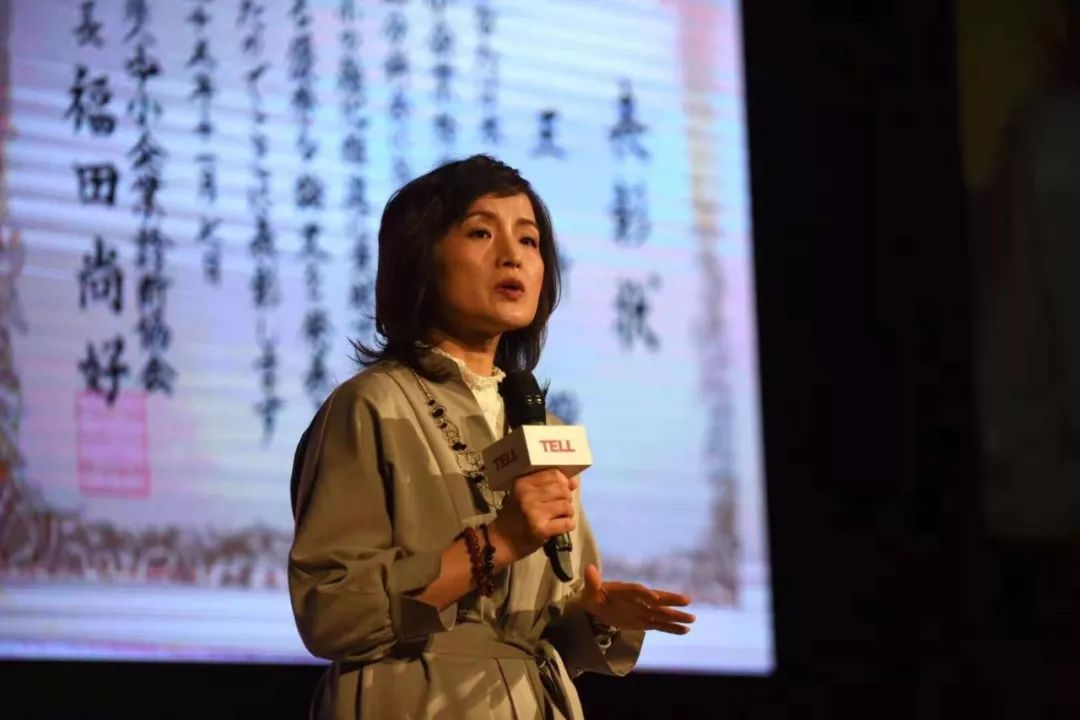
The fourth speaker, Wang Xi, is the first Chinese woman who has obtained the qualification of diagnostic doctor for small and medium-sized enterprises in Japan. Her career dilemma comes with the difficult period of Sino Japanese relations, and she is full of confusion about the future. Later, she returned to China and continued to serve Japanese enterprises in China. She gradually found that the economic complementarity between China and Japan is the most basic and solid part of bilateral exchanges, connecting the two countries into a whole. As long as the two countries continue to develop economic ties, the future of China Japan relations will have a better prospect, and she is determined to become the economic connector between China and Japan.
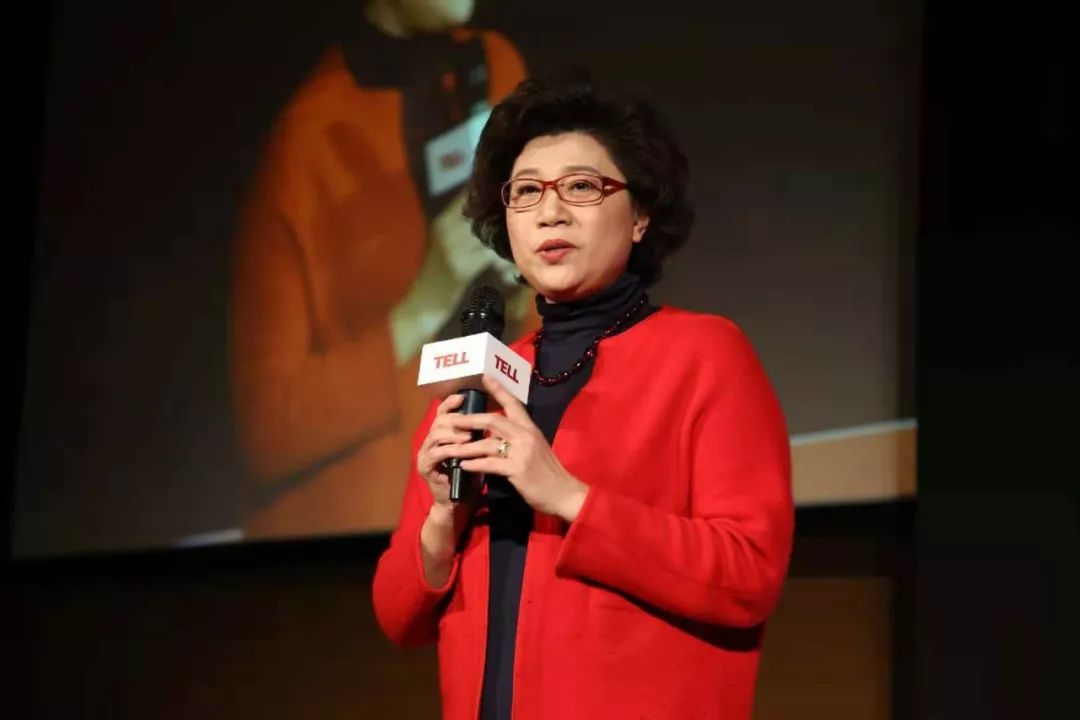
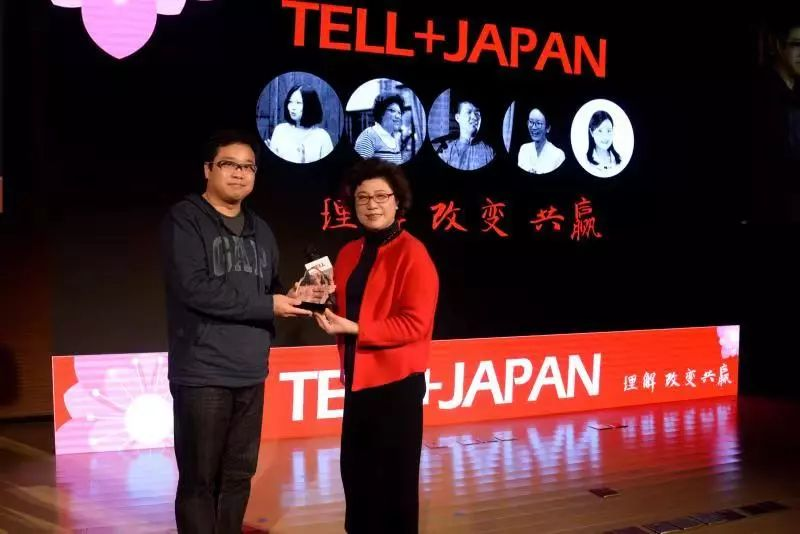
The last speaker, Wang Jianming, was the first group of overseas students to study in Japan at their own expense after China's reform and opening up. She looked back affectionately on the help she received from two elderly people from Japan and senior students from China during her study abroad. She saw the same quality in them, that is, she considered problems from the other side's perspective and did more for the other side, which has become her own principle. She also suggested that this principle be applied to the relationship between China and Japan, Because this principle is deeply rooted in the culture of China and Japan.
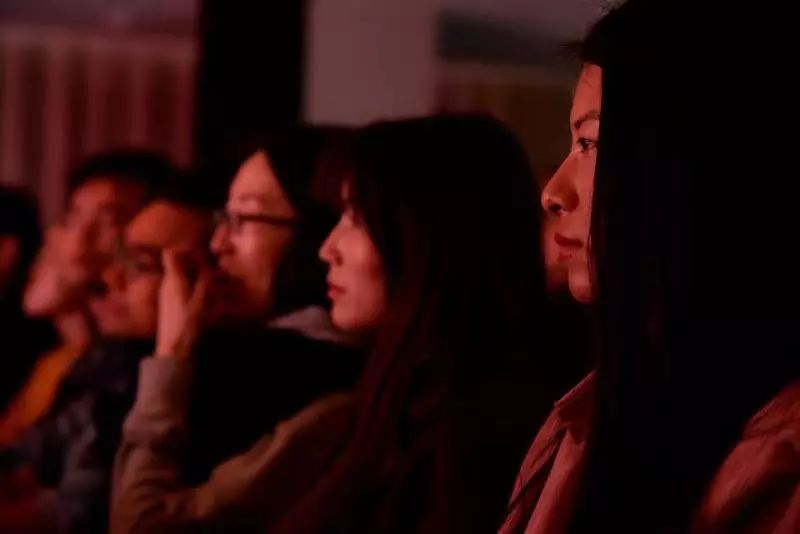
The five speakers from the post-60s to the post-90s have different ages and occupations. In their stories, there are joy, emotion, confusion and thinking. But each speaker's story conveys a clear understanding that China and Japan are close neighbors. Many current problems stem from the choice of the past two countries, and what kind of future we want, It is up to the people of both countries to make their own wise choices now. Actions rather than slogans are the basis of bilateral relations. Each of us can make choices and contributions to the understanding, change and win-win situation of the two countries, which is exactly the significance of TELL+JAPAN.
